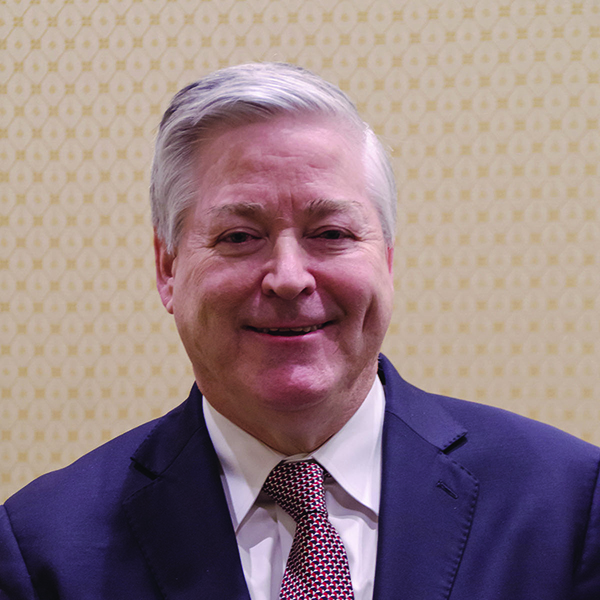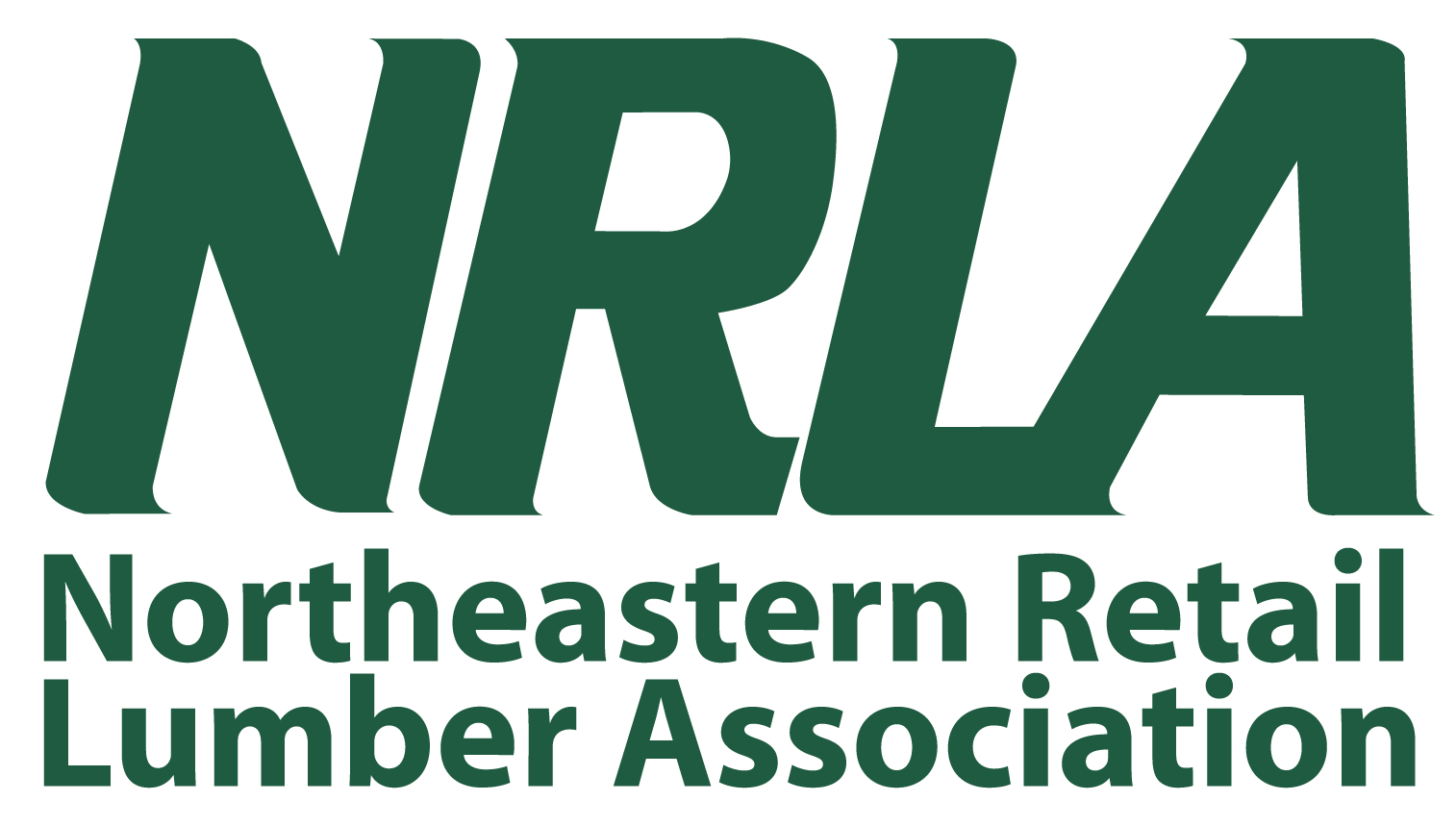
Get to Know Your MRLDA Lobbyist

The following report is from MRLDA Lobbyist, Patrick Huntington of Mass Bay Associates.
Did You Know?
The lumber and building materials industry employs nearly 58,000 people in Mass.
Lobby Day
On Wednesday, June 7, 18 MRLDA members and staff met with 28 state legislative offices at the State House in Boston MA. Get the full recap here.
I am the youngest of seven children and grew up in a small suburb south of Boston. My father was a pipefitter, and my mother had the difficult job of raising four boys and three girls. My father was an elected official in various town government positions, and as a result, I was exposed to the operation of local government at an early age. My mother volunteered for countless causes, and she silently taught me the value of being involved in your community. I graduated from Northeastern University with a degree in business administration and from Suffolk Law School. I have been married for 33 years to my wife, Kathleen, who is a real estate agent, and we have three grown sons.
I worked for eight years in the Massachusetts House of Representatives as a legislative assistant, committee research director, and assistant to the House Counsel. My experience during that time of observing and working on the development of public policy issues led me to decide on a career as a lawyer, representing clients before the legislature and state government agencies.
While working at the State House, I was fortunate to be hired by the law firm founded by a former speaker of the house and attorney general. As a young lawyer, I was extremely fortunate to be able to learn from his vast experience in state government. The firm represented many local and national companies and trade associations, which exposed me to the operations of a wide range of industries and the issues they faced in dealing with state governments. I particularly enjoyed meeting clients from different parts of the state and country and listening to their experiences and perspectives on government and politics.
To most people, the word “lobbyist” has a negative connotation because they don’t understand the nature of our work. The perception is that lobbyists are only hired to ask for hidden special favors for their clients, to the detriment of the general public. I find that people are most surprised when I explain that, for the most part, the decisions made by government officials are based on the facts as they understand them, and the role of a lobbyist is to present the information on the issue to legislators and regulators so that they can make informed decisions. Lobbyists view our role as educating legislators, who cannot possibly have personal knowledge of the thousands of issues on which they are asked to decide. I explain that I am in the business of advocating for public policy issues in the same way that many of my friends are in the business of product sales. We all believe in the issues or products for which we are advocating.
The COVID-19 pandemic has obviously been the most disruptive event for our society in my memory. It has changed the way we all live and work, which has realigned the priorities of government and how they consider public policy issues. It is the only event that I have experienced in my 40 years of involvement in government where every segment of society was affected. The policy issues related to the pandemic are still being debated, and I believe they will be with us for the near future.
We were reminded early in the pandemic how the decisions of government leaders can significantly affect how our businesses operate. Our industry was fortunate that we were deemed an “essential business” and were allowed to continue operations with restrictions. Many businesses sought and were denied a similar designation. The financial condition of our members could have been significantly different had the policymakers decided not to include us in that designation.
As a representative of chain pharmacies, I worked closely with public health officials on an ongoing basis to ensure that my clients played a leading role in providing the needed COVID-19 vaccines so that our society could defend against the virus and help lead to a return to normal. The lessons learned from COVID have forever changed the role of pharmacies in the delivery of public health services.
The experience we all endured highlights to me that we never know where the next challenge to society and our business operations will come from. It is why I believe that having representation in Washington and in the individual states is important to allow us to react quickly to the challenges that arise that may adversely impact our industry.
Running for election to public office has become a very expensive proposition, which has resulted in an almost constant demand for political donations by elected officials. Many politicians focus their efforts on lobbyists with whom they are familiar, their local constituents, and the businesses located in their districts.
The Massachusetts Retail Lumber Dealers Association (MRLDA) has been very involved in policy discussions at the State House and through our yard tour program. During that time, we have developed relationships with many legislators who have championed our issues before the legislature. The MRLDA PAC allows us to support those elected officials who support our positions and who we believe deserve reelection. Donating to the MRLDA PAC helps our association respond to those legislators when they call upon us for support.
Learn more about the Massachusetts Retail Lumber Dealers Association PAC.
I could envision myself teaching history, being a newspaper reporter, or working in a museum. When I was in college, I had the pleasure of working for the National Archives in Washington, D.C., and I would have remained there had I not returned to Boston and become involved in local politics and government.
I think every person should spend a day sitting on a beautiful, sunny Cape Cod beach, followed by a fresh seafood dinner. I would encourage everyone to visit Massachusetts to experience the hundreds of fascinating historical locations throughout the state.
